T H E R E L A T I O N A L H A R M O N Y I N S T I T U T E
T R U S T I N G S P O N T A N E I T Y
P R O F E S S I O N A L C E R T I F I C A T I O N
Terms of service & Code of Ethics
We value feedback
The Institute for Relational Harmony Studies
Terms of Service & Course Agreements
This agreement and the terms of service contained therein are a legally binding contract (Agreement) between you and each of your heirs, assigns, and successors (“You”) and the Institute for Relational Harmony Studies and each of its principals, owners, shareholders, directors, agents, and employees, and each of their respective heirs, assigns, and successors (“IRHS”).
Acceptance of Agreement
Please read this Agreement in its entirety. You should review it prior to subscribing to, purchasing, or participating in any Program. By using the IRHS websites or purchasing or participating in any Program offered by IRHS, you agree to be bound by this Agreement. The term “Program” is defined to include any class, session, product, training, workshop or service, whether online or in person. It specifically includes the IRHS websites and their contents.
Privacy Policy.
We care about the privacy of your personal information and are committed to protecting it.
This Privacy Policy (Policy) explains what information we collect about you and why, what we do with that information, and how we handle that information.
Body Poem is the company responsible for your personal information under the applicable data protection laws (the UK General Data Protection Regulation / GDPR, and any implementing legislation, particularly the Data Protection Act 2018). This Policy applies to information obtained by Us using the information, products and services made available through the Relational Harmony Institute website (Website).
